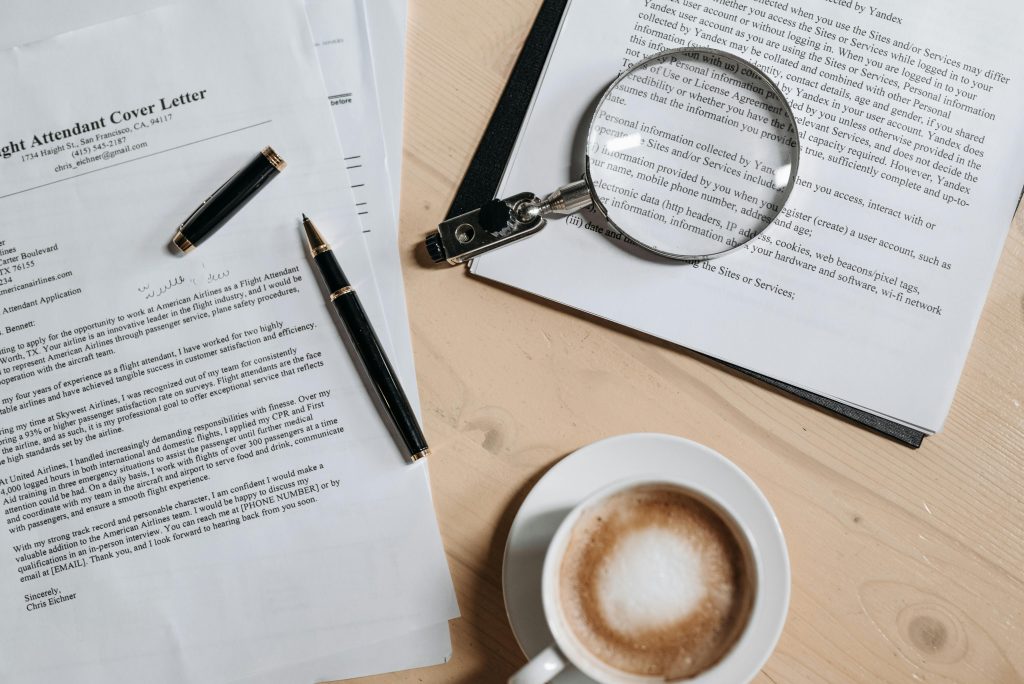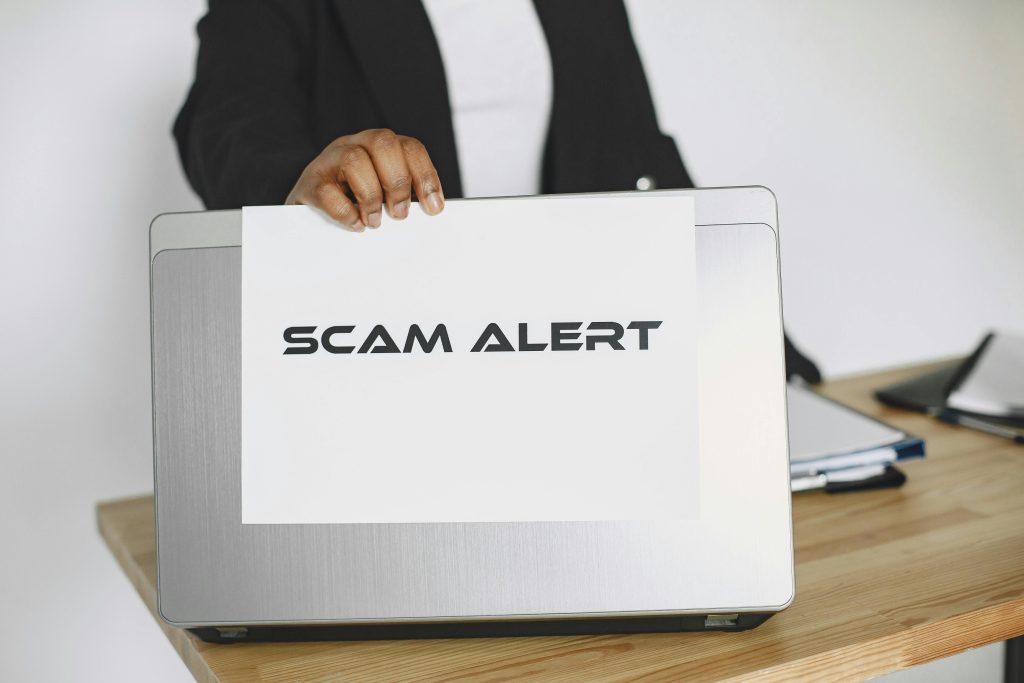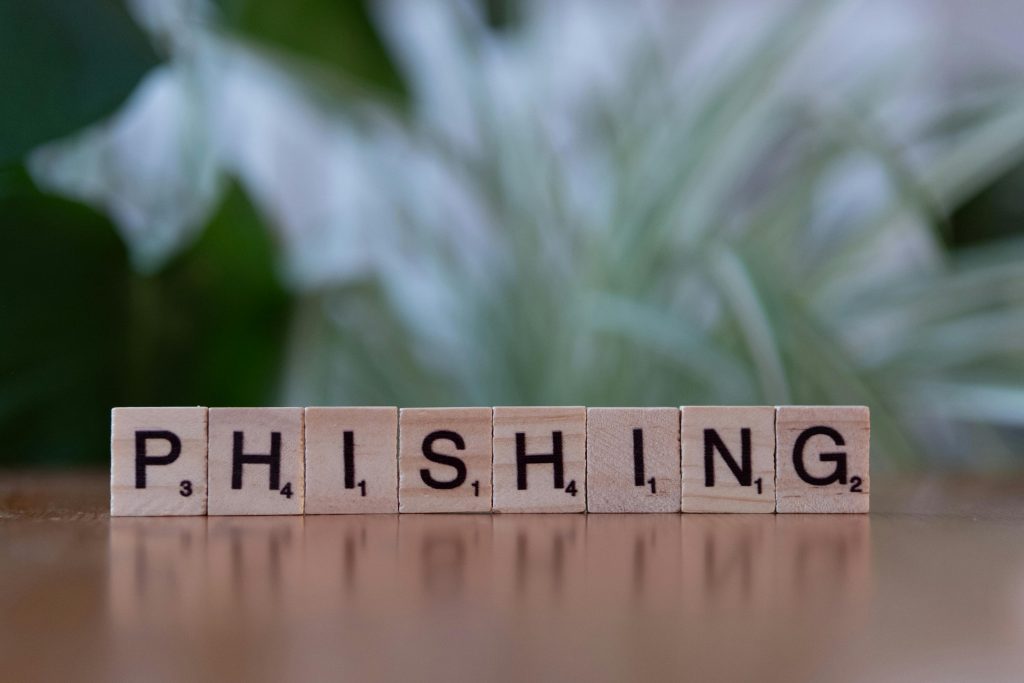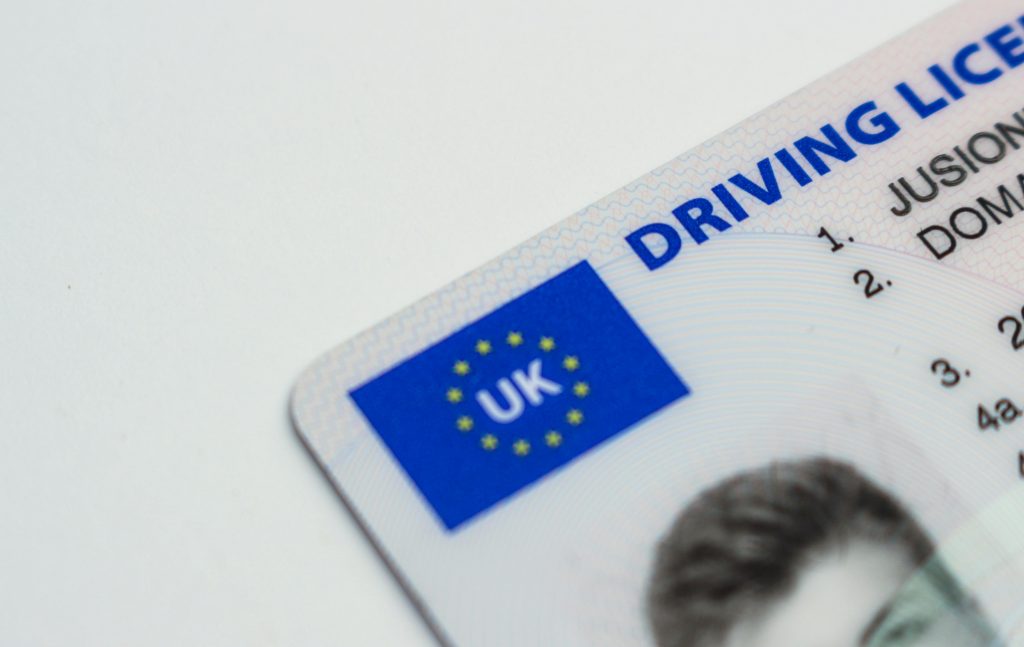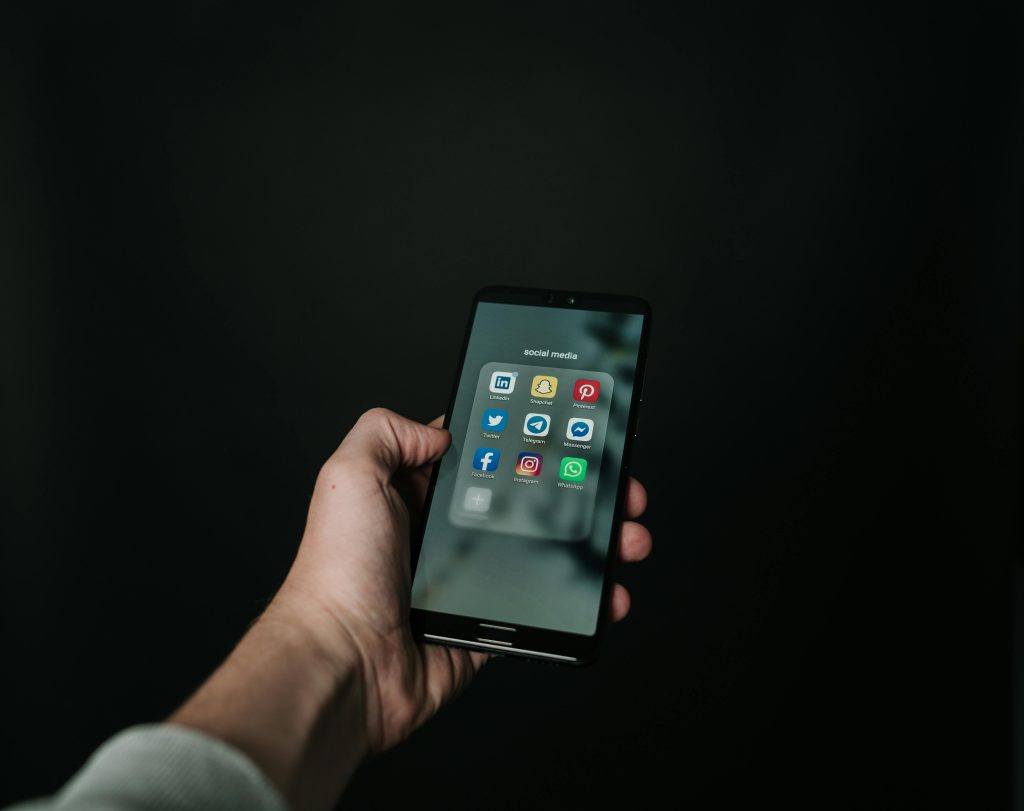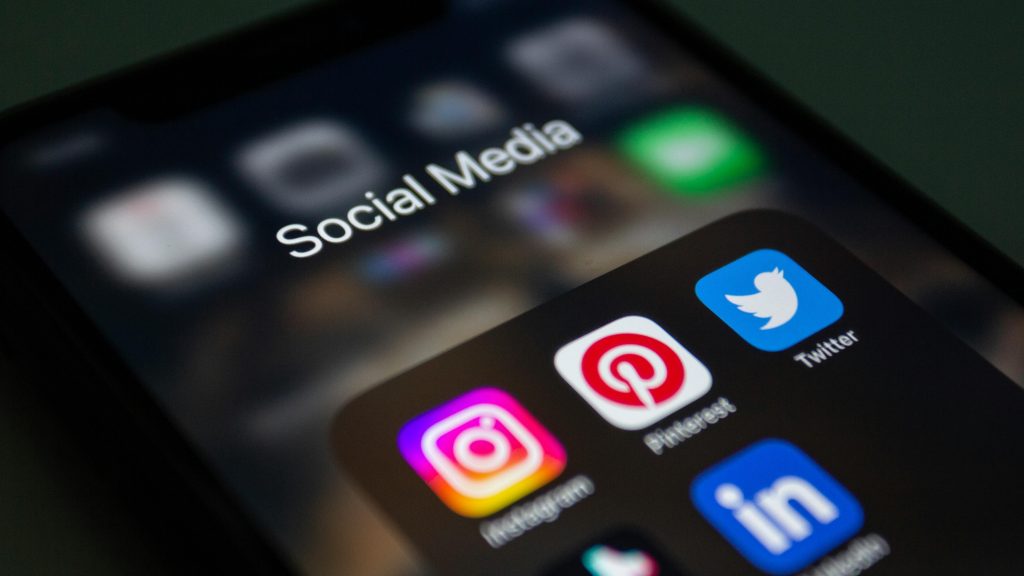A great cover letter opening grabs attention, but the closing paragraph is what leaves a lasting impression. If you end your cover letter with a weak, generic statement, you’re missing an opportunity to push the recruiter toward taking action. So in this guide, we’ll cover how to craft a strong cover letter closing that encourages a response, reinforces your value, and boosts your interview chances.
Why Your Cover Letter Closing Matters
Your closing statement is the last thing recruiters read before deciding whether to move forward with your application. Thus, a strong ending gives them a reason to reach out and shows confidence in your abilities. Let’s explore why this part of the cover letter is so crucial.
The Impact of a Strong Call-to-Action in Job Applications
The last paragraph of your cover letter is an opportunity to create a sense of urgency and encourage action. When you conclude your letter with a clear call-to-action, it makes it easier for the hiring manager to take the next step.
An engaging closing statement can increase your chances of being contacted. It’s your final chance to reaffirm why you’re the right fit for the role and encourage the hiring manager to schedule an interview.
A confident, enthusiastic close lets the hiring manager know you’re serious about the role and ready to take the next step in the hiring process.
Mistakes to Avoid in Your Closing Paragraph
Just as with the opening, the closing paragraph must be impactful and avoid weak phrases. Here are some common mistakes:
- Overused phrases like “I look forward to hearing from you” or “I am available for an interview at your convenience” sound passive and fail to express confidence.
- Lack of enthusiasm in the closing can make your application seem half-hearted. Show excitement about the role and the company.
- No clear next steps—leaving the next step unclear weakens your chance of a response. Make a direct request for an interview or follow-up.
Avoid these pitfalls to ensure your closing is as strong as your opening.
The Best Ways to Close a Cover Letter
Ending your cover letter on a positive or high note means leaving the hiring manager with no doubt about your qualifications or interest in the role. Here are some ways to effectively close your cover letter.
Strong Cover Letter Closing Statement Examples
A strong closing statement is one that leaves no ambiguity. You want to show enthusiasm and initiative. Here are a few examples:
- Confident & Direct Request for Interview:
- “I am eager to bring my [specific skill] and experience to [Company Name] and would love the opportunity to discuss with you about how I can contribute to your team. I look forward to the opportunity to meet with you.”
- Expressing Enthusiasm and Initiative:
- “I am very excited about the opportunity to contribute to [Company Name] and am confident that my background in [specific experience] would be a valuable asset to your team. I would be thrilled to further talk about how I can contribute to your success.”
- Reaffirming Fit and Requesting Follow-up:
- “I believe my skills in [specific skills] and my passion for [industry] would make me an excellent fit for the [Job Title] role. I look forward to the chance to express about how I can contribute to your team’s goals in more detail.”
These statements confidently express your interest, reinforce your value, and make a clear request for follow-up.
How to End with a Professional & Memorable Sign-Off
A professional sign-off is important for leaving the right impression. The closing phrase you choose needs to match the tone of your letter and be respectful.
- Best regards – A polite, professional closing used in most job applications.
- Sincerely – A traditional closing phrase for formal communications.
- Kind regards – Slightly less formal but still professional.
- Thank you for your time – A respectful and appreciative ending, especially if you’ve emphasized your excitement for the role.
Including a P.S. at the end of your cover letter is another way to make it stand out. A P.S. can highlight a key achievement or reason why you’re a great fit for the position. This added touch can catch the recruiter’s eye and leave a memorable impression.
Example of P.S.:
P.S. In my previous role, I successfully reduced operating costs by 15% in just six months, and I am confident I can bring similar results to your team at [Company Name].
This makes your cover letter more memorable and reinforces your qualifications with a quick, impactful statement.
FAQs (SEO-Optimized for Featured Snippets)
What is the best way to end a cover letter?
A strong closing statement should express enthusiasm, reinforce your value, and include a call-to-action.
Should I ask for an interview in my cover letter closing?
Yes! A confident request for an interview shows initiative and increases response rates.
What should I avoid in my closing paragraph?
Avoid weak statements like “Hope to hear from you soon”—instead, use a direct call-to-action.
Can I use “Best regards” at the end of a cover letter?
Yes! Best regards, Sincerely, and Kind regards are all professional closing phrases.
Is it okay to include a P.S. in a cover letter?
Yes! A P.S. can highlight a key achievement or reason to hire you, making your application more memorable.
Conclusion
The closing paragraph of your cover letter is your last chance to make an impression, and it’s critical to end on a strong note. A clear call-to-action, enthusiasm for the role, and a professional sign-off can make the difference between your application being ignored and getting that coveted interview.
Avoid weak phrases, stay confident, and always ask for the next step—whether that’s an interview or a follow-up discussion. With the right closing, you can leave the best impression and quickly boost your chances of getting your next job.

